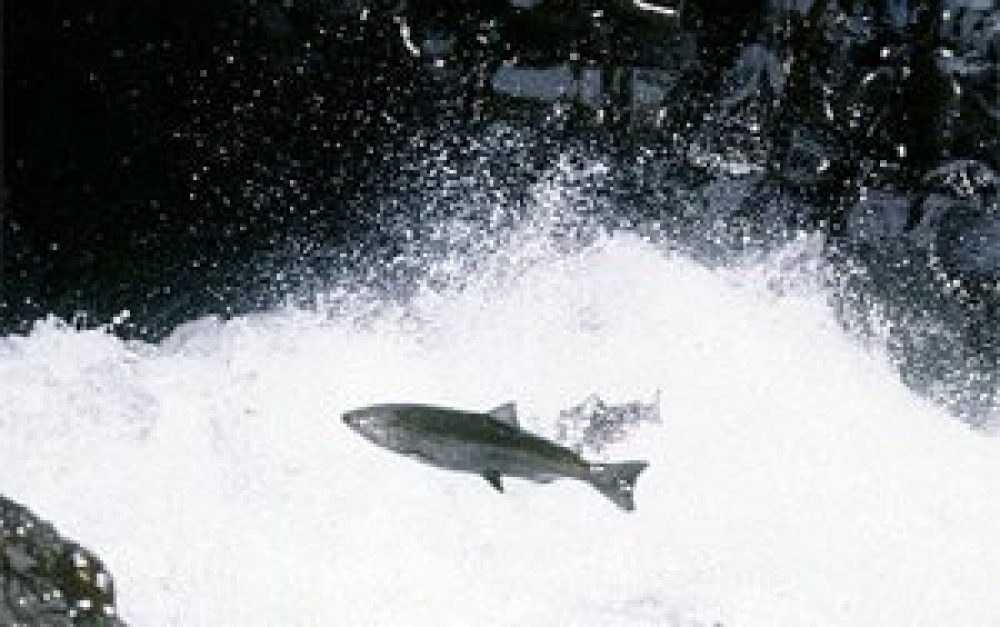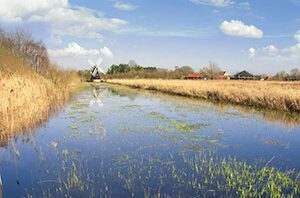As of this week, it looks like our rivers, streams and lakes — and the critters who live in them — will be a little more protected from pesticides.
Unless, that is, Sen. Pat Roberts (R-KS) and others representing agribusiness interests manage to undo EPA’s court-ordered efforts to better protect the nation’s waterways from pesticide pollution. Roberts and company are pursuing every legislative hat trick in the book. But so far, cleaner water and healthier fish are coming out ahead.
A complicated battle, with high stakes
A bit of backstory. Pesticides are mostly regulated under a notoriously weak, antiquated and industry-friendly law called the Federal Insecticide Fungicide Rodenticide Act (aka, FIFRA). The pesticide lobby prefers to keep all regulation under FIFRA, because they know how to sidestep and subvert this statute.
But in 2009, a court ruled that pesticides should not be exempt from the more stringent controls of the Clean Water Act, and ordered EPA to find a way to apply the stronger, more science-based law to agricultural chemicals sprayed near waterways. The judge set a deadline of October 31, 2011.
Industry prefers to keep pesticides under FIFRA, because they know how to sidestep this law
Republican lawmakers and pesticide lobbyists scurried to pass legislation nullifying this ruling, efforts that included a recently attempted sneak amendment to the China Currency bill (pulled off the table after national outcry erupted, including hundreds of calls to the Senate from PAN supporters).
EPA meets Oct 31 deadline
On Monday, EPA met their court-ordered deadline by issuing a "Pesticide General Permit" for those using pesticides near U.S. waterways. Starting in January of next year, those who spray near rivers, lakes and streams must obtain the permit, and will then need to follow guidelines designed to better protect both water quality and fish, including endangered salmon and steelhead trout.
Rep. Edward Markey (D-MA) underscored the importance of EPA's move in a statement released Tuesday:
For the first time ever, the EPA will begin to track the amount of pesticides that are applied to our nation’s waters each year. This step is long overdue and will lead to improvements in the quality of our drinking water, and reduce threats to human health.
Last ditch efforts
Roberts and his colleagues haven't given up yet. They have 120 days before the new permit goes into effect, and they're pulling out all the stops.
The Senators involved in the battle had almost reached a compromise last week. It included a 2-year moratorium on EPA action in exchange for an in-depth national study of pesticide contamination in our waterways. But at the last minute Roberts decided to pull the plug on negotiations, claiming that such a wide ranging study would "threaten agricultural production" and "increase confusion among farmers."
Now he's introduced legislation that would put the moratorium in place without any national study, and he's pushing for swift passage. But Senator Ben Cardin (D-MD), who chairs the Water and Wildlife subcommittee where such a bill would be considered, told reporters at E&E Daily that the latest Republican efforts are simply "not going to work."
Big kudos to Cardin, Sen. Barbara Boxer (D-CA) and others who are holding the line to protect our waterways — and communities who rely on them — from pesticide contamination. The stakes on this one are very, very high.








